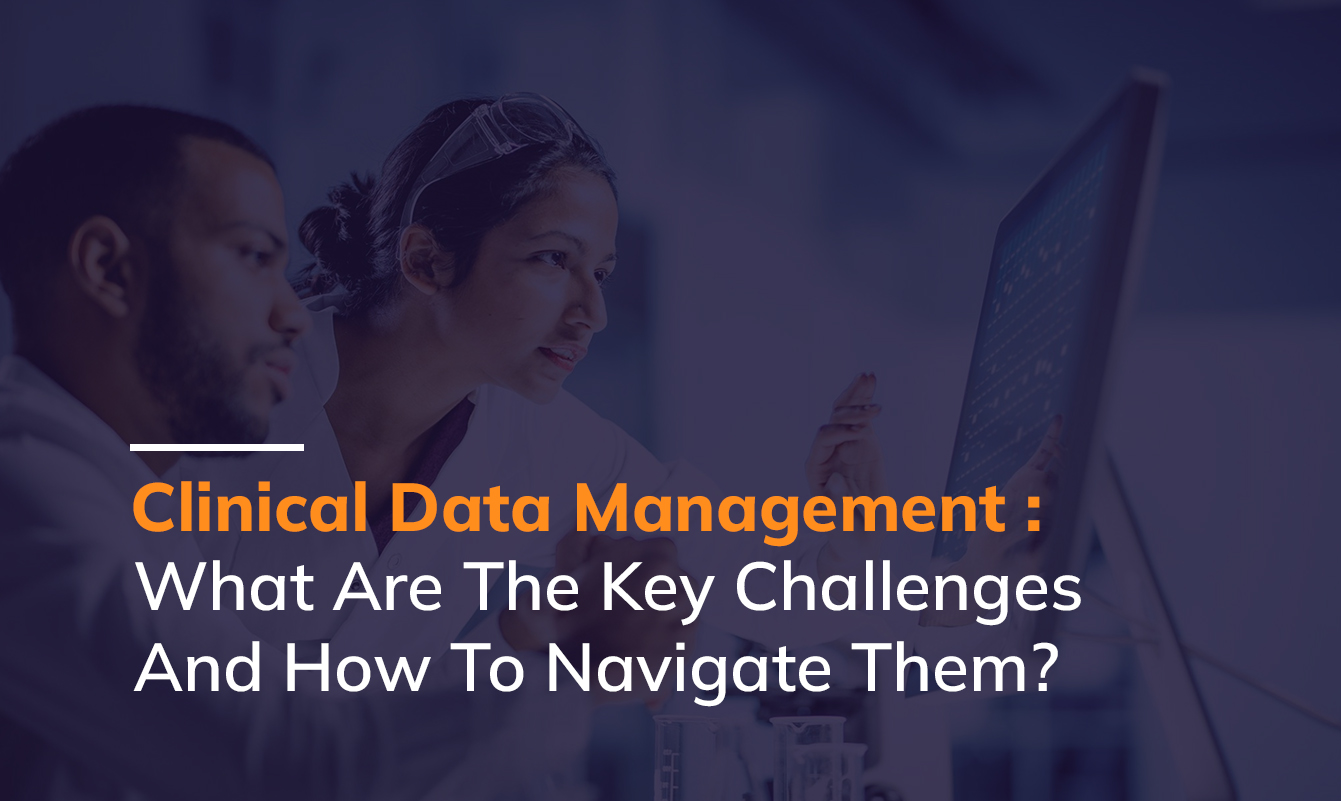One of the biggest challenges clinical data management faces is the sheer amount of data that needs to be processed. With more and more patient data becoming available, it can be difficult for CDM systems to keep up. In addition, many clinical data management systems (CDMS) are not user-friendly or interactive, making it difficult for users to get the most out of them.
What challenges do clinical data management systems currently face?
Clinical Trial Complexity
The modern clinical trial design requires real-time data modelling and simulation to provide reliable information that supports faster decision-making and reduces development time, costs, and late-stage research failures. Nowadays, many clinical trials are considered adaptive, meaning that they can change as the trial progresses and that incoming data is used to determine the next steps. In such a scenario, if a patient does not react to a drug, it may be decided to change the drug or dosage.
Some therapeutic areas and scenarios like immuno-oncology, and multi-arm trials also add new levels of complexity to clinical trials.
The future of clinical data management lies in the ability to adapt to these changes and needs. In order to be truly effective, a clinical data management system (CDMS) must be able to handle large amounts of data, be user-friendly and utilise artificial intelligence to automate tedious manual tasks.
Mid Study Changes
Clinical Data Management is a complex process. It involves multiple stakeholders, from investigators to sponsors and CROs. This can make CDM challenging, especially when it comes to the mid-study changes (MSCs).
Mid-study changes are amendments to protocols or study data management plans (SDMPs).
Mid-study changes can be due to any or all of these reasons:
- Change in inclusion/exclusion criteria
- Change in dosage/frequency of drug administration
- Exclusion/inclusion of new patient subpopulations
- Inclusion/exclusion of new therapeutic agents/devices
- Change in primary outcome measure (PRO) or secondary outcome measures (SO).
A study by Tufts says that approximately 70% of its respondents say unplanned mid-study changes are the primary reason for the trial delay. Planned changes can be even more challenging as they require extensive planning before going live so that they don’t interfere with ongoing trials or other projects.
The changes needed during the study are a major challenge for CDM. Planned and unplanned mid-study changes are significant reasons for the trial delays. So a system that supports faster mid-study changes and which is very easy to use and faster to go live is the need of the hour.
The clinical data management system (CDMS) should be able to handle all the required changes in a single place instead of going through multiple systems to make changes.
Addressing Clinical Data Management Challenges Using AI
With the increasing complexity and volume of data, traditional data management methods involving human resources are proving inefficient. The lack of skilled professionals further adds to the shift. This is where AI steps in and plays a crucial role in the management of high-volume data, particularly in adaptive trials by:
- Data ingestion
- Data analysis
- Data cleaning
With data cleaning and review processes, AI greatly improves clinical data management, reducing manual effort and increasing efficiency. AI helps quickly identify critical and abnormal data by detecting risks and trends early. With minimized biases and inconsistencies caused by manual work, AI also improves data accuracy and quality. Clinical Data managers can now do better resource allocation and focus on critical tasks to speed up the clinical trial lifecycle
The Evolving Role of Clinical Data Managers
Clinical data management has come a long way in the last few decades. What once started out as a small department within a clinical research organisation has now become a critical and highly specialised function. In the past, clinical data managers were responsible for data entry and cleaning.
In the late 90s, the role of clinical data management (CDM) began to change as electronic data capture (EDC) came into the picture. The CDM became responsible for configuring the EDC system and creating and managing data queries.
Today, clinical data managers are responsible for developing and implementing data management plans, ensuring data accuracy and completeness, and ensuring data security. With these responsibilities, it is also important for clinical data managers to up their game with AI/ML skills. Managing a high amount of data could use the help of intelligent technologies like AI/ML which could change the game.
What is the future of clinical data management?
Data integrity, transparency, and efficiency are crucial for a successful clinical data management system. To achieve these objectives, it is essential to establish clear guidelines for data ownership and sharing, standardize data formats, and leverage cutting-edge technologies such as generative AI.
- Clear policies and regulations for patient information ownership and data sharing are crucial for the future of clinical data management.
- Standardization of formats for storing patient information and trial-related documents will help prevent ambiguity about ownership and access.
- Automation of clinical data management tasks, including the use of generative AI to analyze data, will accelerate drug development.
- Clinical data management roles are evolving to require expertise in data science and analytics to handle large volumes of data. CDMS systems need to integrate with Gen AI tools to automate tasks and improve data quality.
In conclusion, ensuring effective clinical data management requires a commitment to innovation and continuous improvement. Embracing advanced technologies and evolving expertise will drive future success and efficiency in the field.



